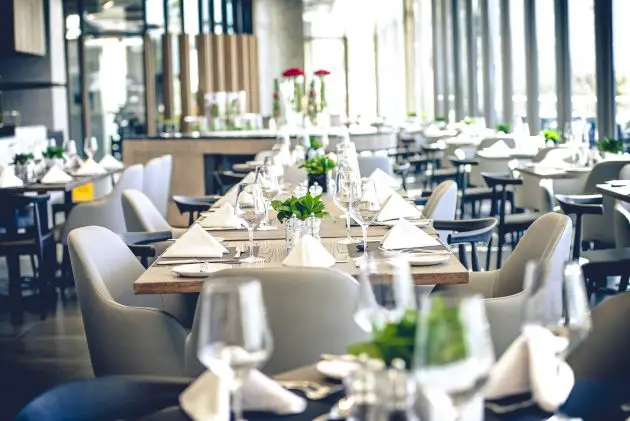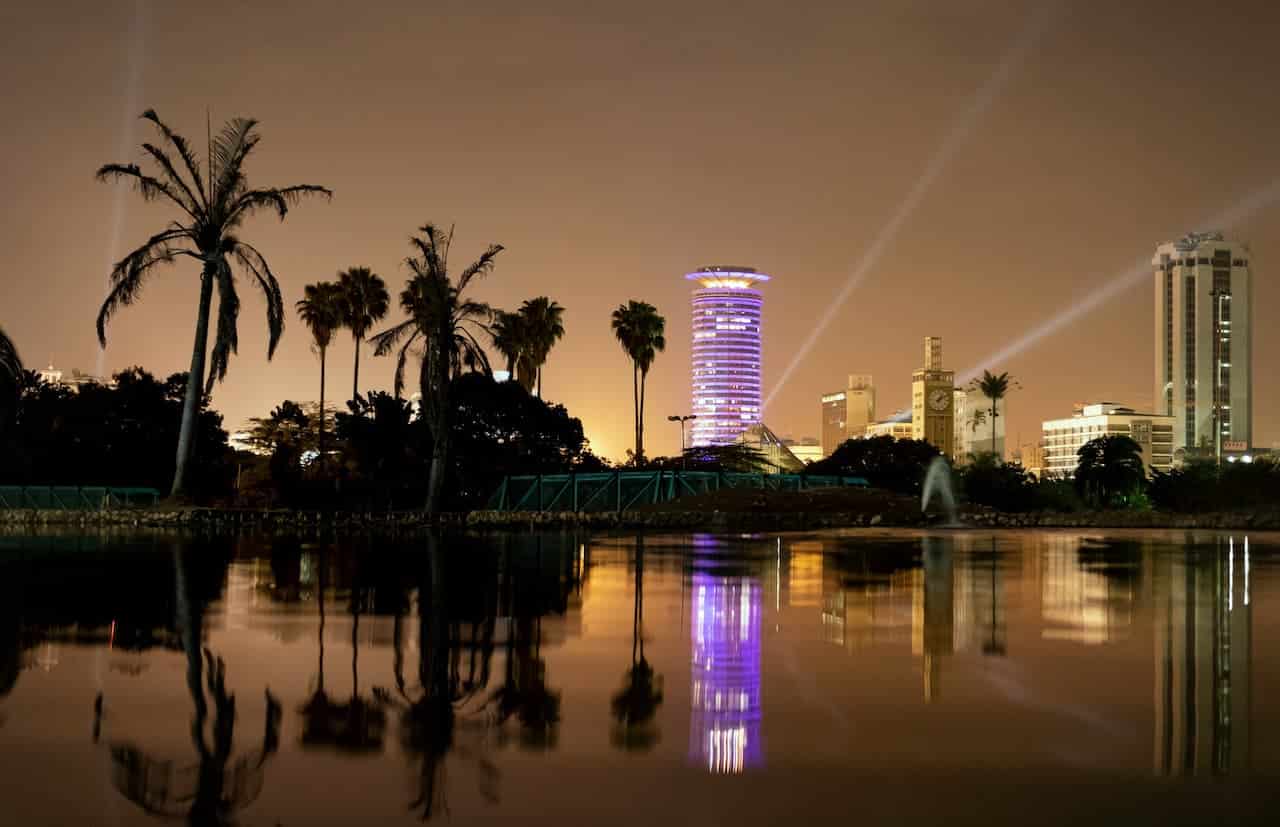Maropeng is Fair Trade Tourism-certified
Visitors to the Cradle of Humankind who prioritise sustainable tourism and travel can now be assured of Maropeng’s status as a Fair Trade Tourism entity across the board – whether they’re visiting the visitor centre for the Cradle of Humankind World Heritage Site , exploring the Sterkfontein Caves, staying over at our boutique Maropeng Hotel or teaching kids in Maropeng’s learning Centre.
This follows the announcement of Maropeng’s Fair Trade Tourism (FTT) certification by Tony Rubin, Maropeng’s Managing Director.
“We kick-started the certification process via an assessment by Fair Trade Tourism, an NGO that encourages and monitors fair and responsible practices in tourism establishments and activities. We qualified and received our FTT certification as a result of our adherence to specific fair trade tourism principles, including fair wages and working conditions, fair distribution of benefits, ethical business practice, and respect for human rights, culture and the environment,” he explains.
“I would like to thank all staff members at Maropeng for helping make our FTT certification possible. We anticipate increased visitor interest in Maropeng and are thrilled that our current business principles and practices, which have traditionally centred around those principles of responsible tourism and fairness that apply to World Heritage Sites, have been formally assessed,” he adds.
Maropeng now proudly displays the FTT-certified label on its website and will start introducing the branding on all marketing materials. Kathy Bergs, General Manager of FTT, says: “The certification of Maropeng adds to the product diversity within Fair Trade Tourism, and will hopefully encourage the other South African World Heritage Sites to follow suit. We applaud Maropeng for taking the lead!”
What makes Maropeng FTT-certified?
As part of its greening initiatives, Maropeng has constructed an ozone wastewater purification system at the Sterkfontein Caves, which uses ozone from the atmosphere to accelerate the breaking down of solids by bacteria, as well as to sterilise water.
The site hosts another water management initiative, an artificial wetland system or Subsurface Flow Constructed Wetland System (SSF CWS). The wetland has been specially designed to naturally assist in the filtering and cleansing of the site’s grey and black water.
The Maropeng Visitor Centre also recently embarked on an exciting new recycling initiative that breaks down food waste at source: Bokashi.
Bokashi is an anaerobic fermentation and composting process that diverts food waste from landfill and upcycles it into a high-value nutrient feed for gardening and agriculture.
Unlike more conventional composting systems, the Bokashi process quickly breaks down “heavier items” such as meat, fish and cheese.
Maropeng currently uses the recycled material to feed its gardens and is assisting the nearby Maloney’s Eye School with feed for its vegetable gardens.
“We hope to grow the Bokashi recycling initiative to supply feed to those vegetable farmers in the area who supply us with fresh produce,” says Robere Brockman, Maropeng’s Maintenance Manager.
Other green projects close to Maropeng’s eco-friendly heart include biodegradable packaging and eating utensils, the rechargeable torch batteries used by Maropeng’s tour guides, conference notepads and pencils made using recycled materials, low-energy lighting and a variety of preservation efforts to protect indigenous fauna and flora in the area.




